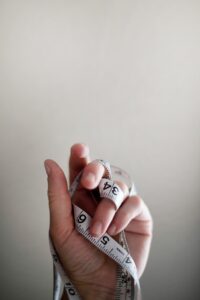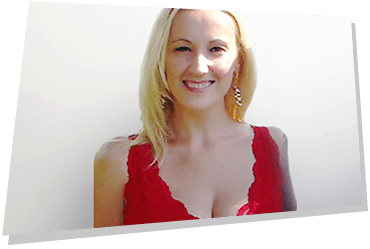
When it comes to your health, there is a myriad of information out in the world that can make it tricky to tell fact from fiction, from the internet and word of mouth, to self-help magazines and books.
Here at Healthier Matters, we’re committed to culling from trusted sources and scientific studies, listening to those who know best – the experts, (even if there are some people who see this as an obsolete practice – not mentioning any names, ahem the current President of the United States!) Take a look at some of these common health myths and why they’re not to be trusted.
Claim: ‘When you’re cold, you’ll get a cold’
False!
It’s true that the colder months are when we’re more susceptible to catching colds, but contrary to popular belief it’s not actually the colder temperature that accounts for this.
To catch a cold, you need to be exposed to viruses, which tends to be more likely during the wintertime when more time is spent indoors.
Heat and humidity can dry out your sinuses, slowing your nasal mucus flow and making it tougher for your immune system to battle against viruses.
The shorter days and longer nights during winter time also lower our exposure to vitamin D, a vital component in keeping the immune system healthy.
Claim ‘All bacteria is bad’
False!
As humans, from a young age we’re programmed into keeping ourselves and things around us clean and bacteria-free, never so much as now during the global pandemic. Whilst there are certain 
Did you know, your skin is covered in non-harmful bacteria that prevent certain diseases?
The gut is also made up of numerous essential bacteria that keep us physically (and mentally) healthily; keeping your gut health has a significant impact on your mood and wellbeing.
Help your body retain the good bacteria it needs by limiting the number of antibiotics you take, not over-cleansing your skin and eating a diet rich in fibre, fermented foods and prebiotics.
Claim ‘Fat = bad’
False!
The ‘fat is bad’ myth is slowly on its way to becoming obsolete, with many studies and research putting the ‘fat is bad in any quantity’ idea, to bed. However, many people still fear high-fat foods and embark on fat deficient diets in a bid to lose weight, often unsuccessfully.
A healthy diet should be made up of 30% fat, but this shouldn’t mean cheeseburgers and fries every day.
Fat helps the body absorb vitamins A, D and E, all of which are fat-soluble – a diet without fat will make it challenging for the body to benefit from these essential vitamins.
Claim ‘You can catch up on sleep debt at the weekend’
False!

The crux of the research suggests that the average person would need four days of sufficient rest (what is ‘sufficient’ obviously varies from person to person) in order to get back to normal. And sleeping during the daytime to make this up can confuse your body clock for the week ahead.
If you are looking to get back on the straight and narrow with your sleep, try adding an hour or two to each night’s sleep for a few days, as is suggested by Current Biology. This way you make up for any sleep deprivation, without disturbing your body’s general function in other ways.





My mum always used to say Ill get a cold if I don’t wrap up during the cold weather! A lot of these points go into depth which makes them really interesting and informational.
Im always trying to “catch up” on sleep. Luckily the holidays are around the corner, so I can get some extra sleep and change my sleeping schedule